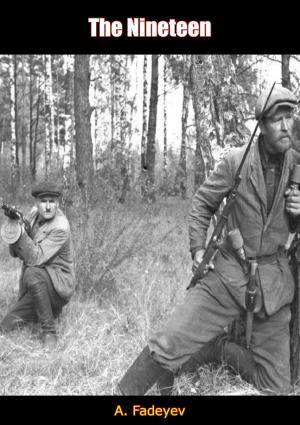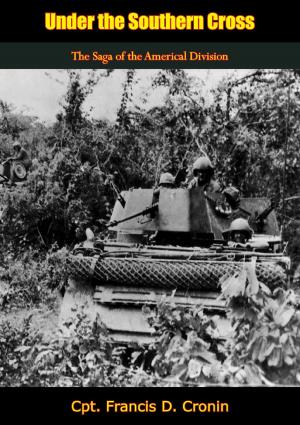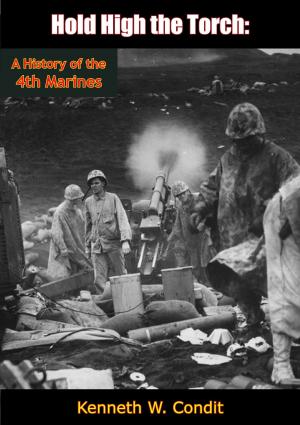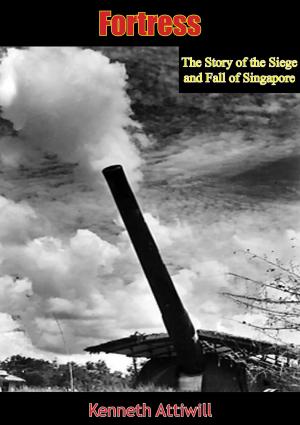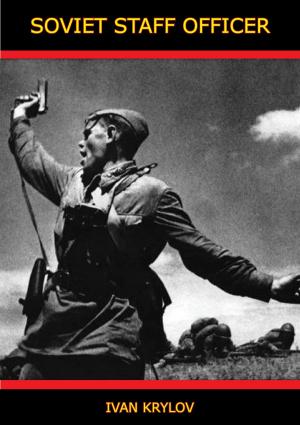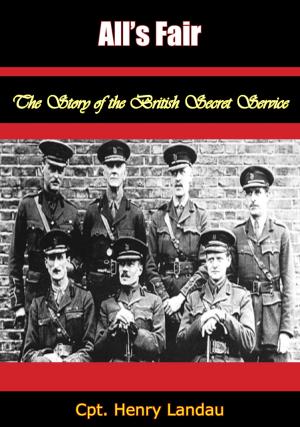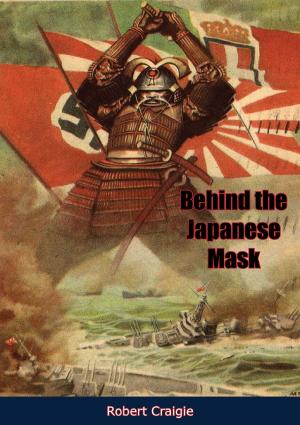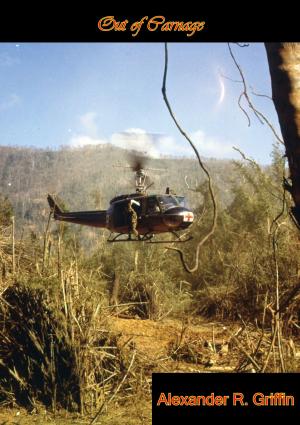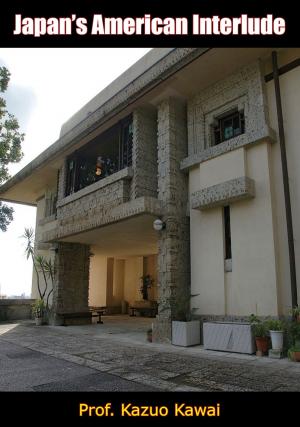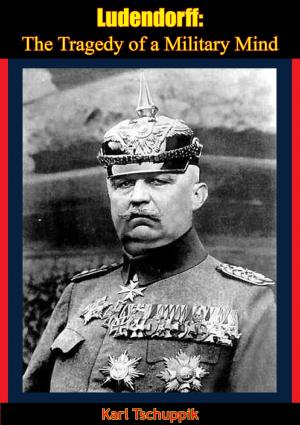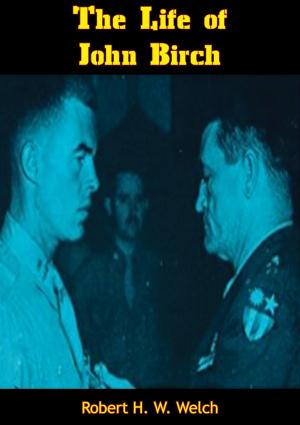My Burma
The Autobiography of a President
Nonfiction, History, Germany, European General, Military, United States| Author: | Sir Ba U | ISBN: | 9781787204546 |
| Publisher: | Eschenburg Press | Publication: | April 7, 2017 |
| Imprint: | Eschenburg Press | Language: | English |
| Author: | Sir Ba U |
| ISBN: | 9781787204546 |
| Publisher: | Eschenburg Press |
| Publication: | April 7, 2017 |
| Imprint: | Eschenburg Press |
| Language: | English |
Originally published in 1958, this is the autobiography of the 2nd Present of Burma, U Ba U, who “rose under British rule to be a judge of the High Court of Judicature in Burma and, among the Burmese judges in the latest days of British rule, he was the only one to have received the dignity of knighthood.
“When Burma attained independence, he became, as Chief Justice of the Supreme Court, the most authoritative guardian and guarantee for all the rights, inherited from British liberal traditions, which were conferred on the people under the Constitution and by law. Finally, by the unanimous vote of both Chambers of the Parliament in Joint Session, he was elected President of the Union, with precedence over all other persons throughout the Union, a position to which he has added further distinction by his judicious exercise of the powers and functions thereby conferred on him. […]
One feature of his character which the story of his life reveals is a quiet determination to do his duty as he sees it, and this feature is further illustrated by the writing of this book.
In view of the changes in Burma during his lifetime, in which he has personally taken no small part, such a record must necessarily be of historical importance. And the book must also find a place in the history of Burmese literature as almost the first essay by a Burman in the difficult art of autobiography.”
Originally published in 1958, this is the autobiography of the 2nd Present of Burma, U Ba U, who “rose under British rule to be a judge of the High Court of Judicature in Burma and, among the Burmese judges in the latest days of British rule, he was the only one to have received the dignity of knighthood.
“When Burma attained independence, he became, as Chief Justice of the Supreme Court, the most authoritative guardian and guarantee for all the rights, inherited from British liberal traditions, which were conferred on the people under the Constitution and by law. Finally, by the unanimous vote of both Chambers of the Parliament in Joint Session, he was elected President of the Union, with precedence over all other persons throughout the Union, a position to which he has added further distinction by his judicious exercise of the powers and functions thereby conferred on him. […]
One feature of his character which the story of his life reveals is a quiet determination to do his duty as he sees it, and this feature is further illustrated by the writing of this book.
In view of the changes in Burma during his lifetime, in which he has personally taken no small part, such a record must necessarily be of historical importance. And the book must also find a place in the history of Burmese literature as almost the first essay by a Burman in the difficult art of autobiography.”

